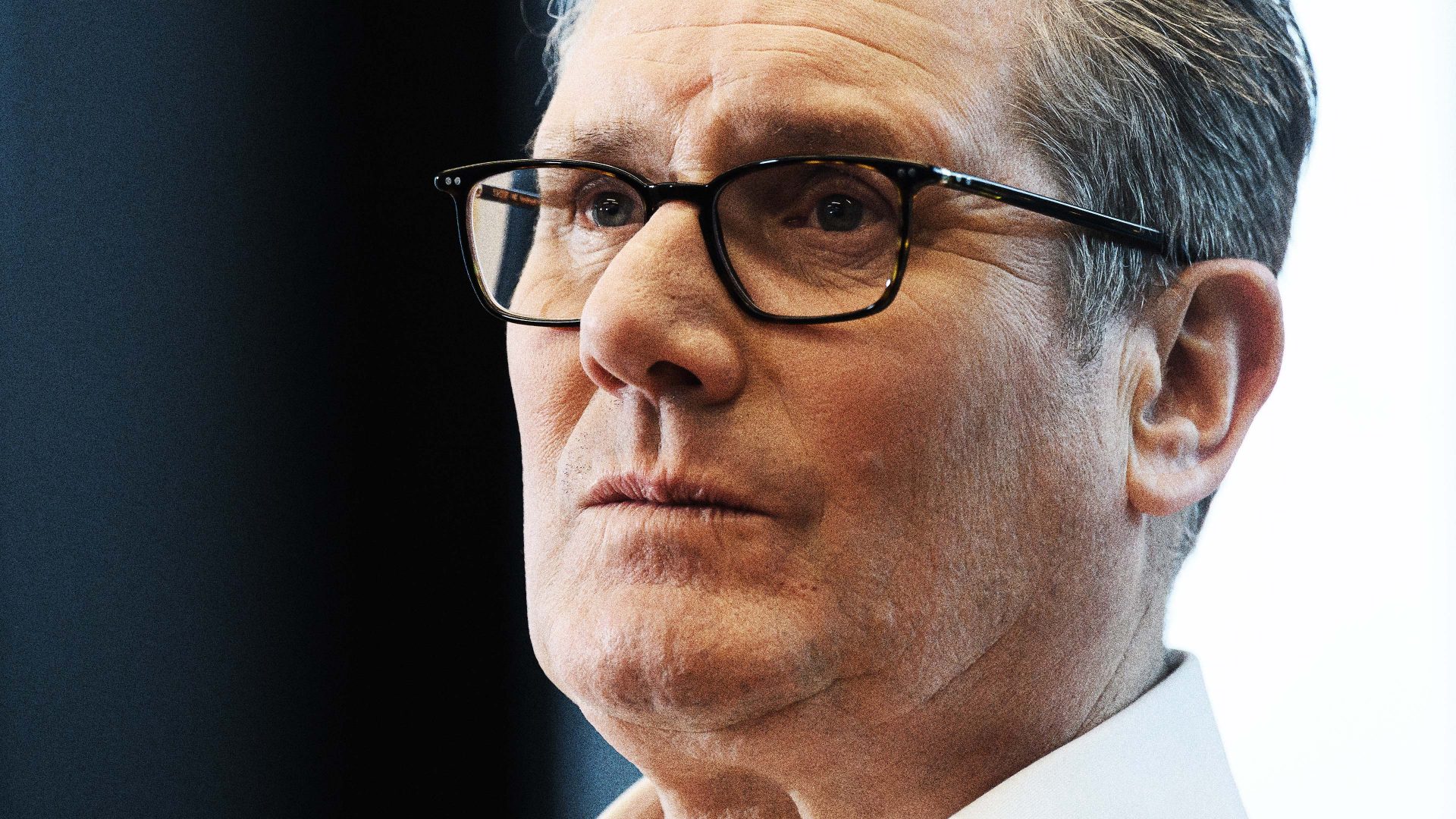A welfare secretary lambasting people on sickness and disability benefits for “taking the mickey” when it comes to work. A prime minister accusing his predecessor of deliberately opening the borders to immigrants to keep wages low. A chancellor repeatedly ordering government departments to find 5% “efficiency savings” and cut “waste”.
This is a fairly typical sampling of headlines from Keir Starmer’s government, but anyone following the news without looking at the names would be forgiven for thinking that these headlines were from the reign of any Tory prime minister from Margaret Thatcher onwards.
Starmer’s Labour won a landslide victory only the tiniest of fractions smaller than that of Tony Blair in 1997 – but the manner of his government couldn’t be more different. Whether it’s Number 10’s interpretation of their mandate, or fear of low polling numbers, Labour seems determined to position its party electorally somewhere between the Conservatives and Reform – alienating their core vote and confusing everyone else.
Labour came into government off the back of record dissatisfaction with the Conservatives and how they were running things – but almost everything they’ve done since taking power could have been done by a right-wing Conservative administration.
Any chancellor would have had to find the money Rachel Reeves raised through her national insurance hikes – even if doing it by raising employers’ national insurance seems likely to backfire by leading to job cuts – but the mooted reforms to planning and modest investment in growth would be something any pro-business Tory would be happy to do.
People living on sickness or disability benefits, or those with friends or family doing so, have seen absolutely no change in the rhetoric of how ministers talk about them, often robbing them of basic dignity.
Those living on such benefits have no shortage of ideas as to how the system needs to be reformed – and many believe it could be better for claimants and more cost-effective for the state alike. But Labour has immediately dropped into the same kind of “workers v shirkers” rhetoric of the dismally unpopular last government.
On immigration, Labour has dropped the Rwanda scheme, but it is otherwise trying to outflank the Conservative government from the right, engaging in a strong-man contest on who can sound tougher on borders with Nigel Farage – one it is guaranteed to lose.
While it can argue that it is passing some ‘true’ Labour legislation behind the scenes, such as the workers’ rights bill, every time the government appears in public it seems to want to sound more Conservative than the Conservatives.
What is particularly baffling is that it seems to have decided on this strategy at a time when the Tory party is at an all-time nadir in popularity, funding, and competence. It’s as if Labour found itself winning a race because its opponent kept stepping on rakes, and post-match has decided it must now stamp on each and every rake it sees.
Almost no-one expected Starmer to enter government and engage in a radical, Corbynite style reform of the British state. The fact Labour felt like a safe place to vote for many Conservative 2019 voters was because Starmer ditched much of that agenda, however Labour’s left feels about that trade-off.
But no-one voted Labour in 2024 assuming it would be continuity Sunak, or that it was the option which felt like “more of the same”. Yes, finances are tight and things are constrained, but the public voted in a new government for the first time in 14 years, and did it with the kind of landslide majority that usually signifies that big changes are possible.
What they are being offered is the same old rhetoric on asylum, on benefits, on spending, and on public services. The government can’t even keep bus prices at £2 a ticket or keep the Winter Fuel Allowance, let alone imagine a world in which HS2 – which was supposed to be about improving transport in the north of England – runs past Birmingham.
The mantra of Starmer’s No. 10 is delivery. The conviction is that if people feel better off and services are running better in a few years’ time, everything that happens between now and then will just be noise.
That may be true, to an extent – but Kamala Harris and the Democrats just learned what can happen if you deliver (the US had strong job numbers, wage growth and economic growth figures) but haven’t captured the narrative. Even when it all works, and that’s far from a sure bet, if the public don’t believe you, it’s still game over.
As it stands, Starmer risks that narrative becoming that the government can’t find money for anything – except £18 billion apparently found down the back of a sofa to give away an island on the other side of the world, for reasons that no-one understands.
Number 10 is hoping that it can focus on getting results, and that those will tell their own story. Instead, the headlines every day are creating a narrative that makes Keir Starmer look like the sixth prime minister in the 15th year of an exhausted Tory administration. That surely cannot last.












